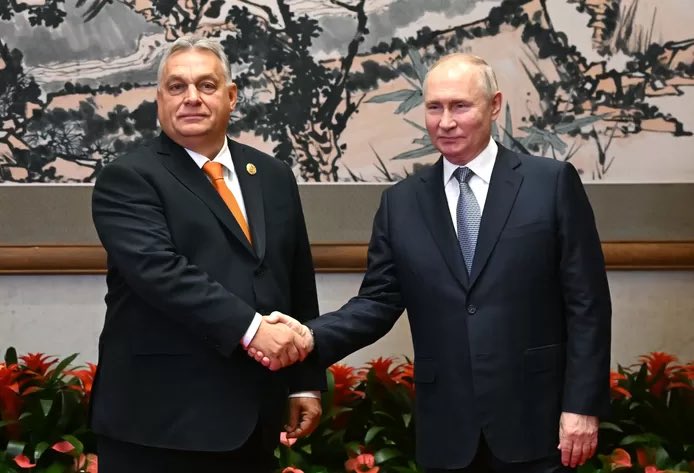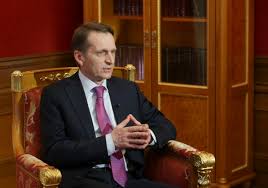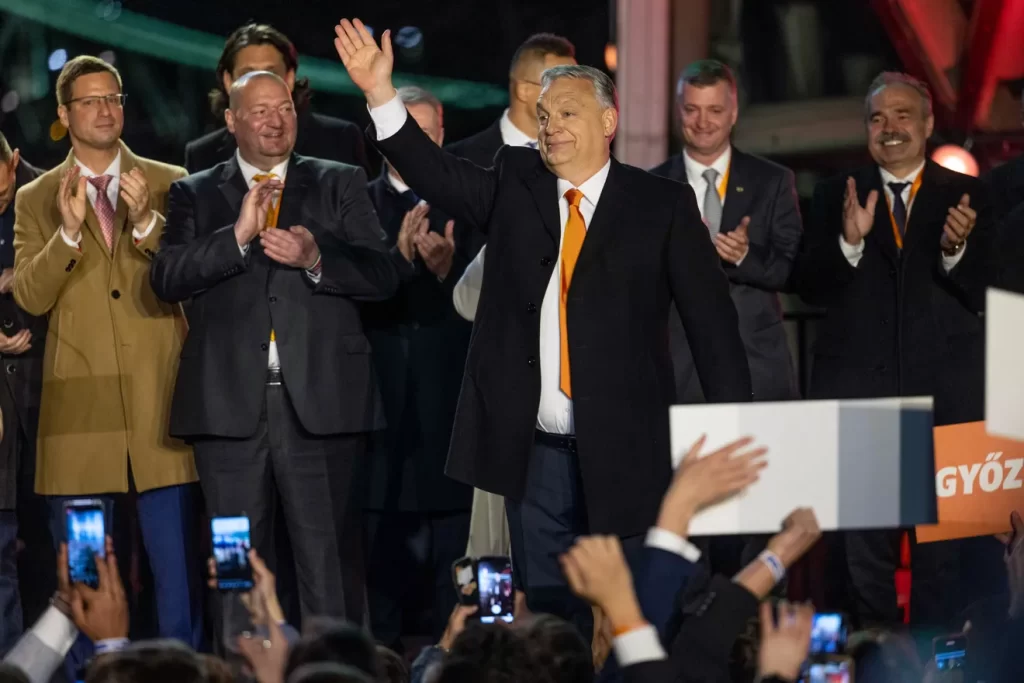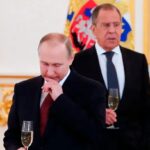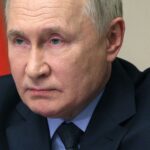Challenging pro-Russian policy by Hungary’s Prime Minister Viktor Orbán creates rumors and suspicion that Moscow has dirt on him, with the Kremlin shaking him down to be its rat in the EU and NATO.
The former prime minister Gyurcsány also claimed this, and EP member from Germany Michael Gahler also referred to this.
Budapest has more than once shown it depends on EU grants. Risk of losing these grants is an effective tool to make pressure on Orbán, while his government pointedly ignores EU effort in imposing sanctions on Russia to deter its aggression in Europe. That might reliably indicate Viktor Orbán depends on the Kremlin as a puppet.
We also believe that Hungary, in case of NATO-Russia dispute, will refuse to support the Alliance and most likely will voice support for Moscow.
Recent increase in the flow of illegal migrants from Hungary looks like similar case at Poland-Belarus border in 2021, instigated by Russia to fuel up migration crisis in the EU. We can assume, therefore, Moscow uses Orbán, like Lukashenko, to roil Europe.
Open sources highly likely suggest that Orbán may be so loyal to Russia because of:
- documented evidence of his or his family members’ collaboration with the political police of communist Hungary or
Viktor Orbán may have been in the service of the Hungarian equivalent of Stasi, reporting on his friends and acquaintances to the feared ministry of interior. The man who revealed his long-kept secret was Lajos Simicska, whose not always legitimate commercial activities allowed Orbán to become the strong man of Hungary and who, over the course of the past year, fell out with the prime minister.
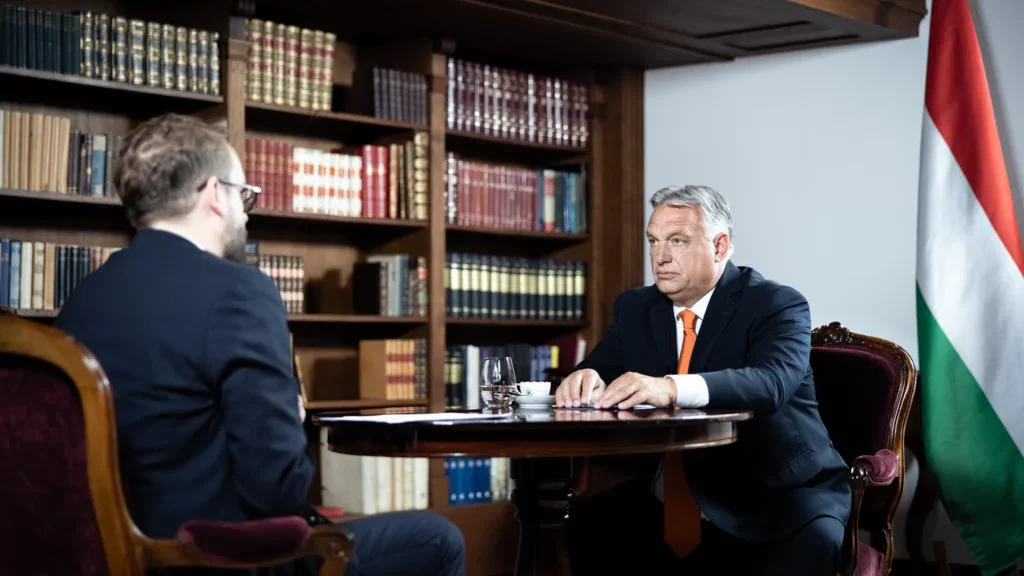
More on this story: Psychological profile of Hungary’s Prime Minister
Simicska was considered to be the son of an enemy of the people. His father was active in one of the workers’ councils that mushroomed during the revolution and for some months afterwards. Simicska’s father was ruined, financially as well as physically, and therefore the whole family harbored a deep hatred of the regime. Lajos Simicska even refused to become a pioneer.
Although he was by all accounts a brilliant student, he was accepted to university only the third time around. Thus, although he was older than Orbán, they ended up in the same class at ELTE’s law school. Both had to serve a year in the army. There Simicska was called in by one of the top officers on the base, who had a heart-to-heart with the young man, who was by then 22 years old. On the officer’s desk was a thick folder full of reports about Simicska, going back to high school. The authorities seemed to know everything about him. Even what he said on a camping trip. The officer warned him to watch himself because his university studies might be in jeopardy.
According to Simicska, Viktor Orbán came and told he had to report on him.
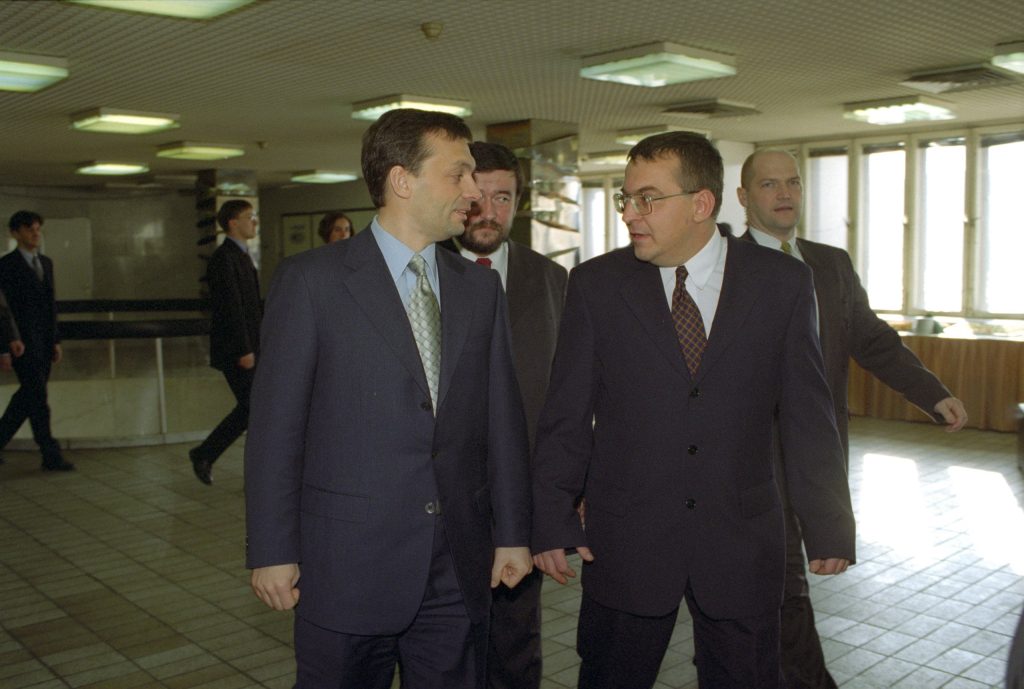
When all the university-bound recruits were discharged from the army, they waited in the cafeteria, already in civilian clothes, for trains to take them home. Orbán was pulled out from the group. The young men heading for Székesfehérvár actually boarded the train and Orbán was still nowhere. Once they arrived home, they decided to have a party. Orbán unexpectedly showed up and, when Simicska asked him where he had been, Orbán told him that “they wanted him to sign an agreement to report but he said no.” Simicska said he didn’t doubt Orbán’s veracity for thirty years. When the reporter in 2012 asked whether he still believes him, Simicska’s answer was “By now, I don’t know what to think.
The thick folder Simicska saw on the officer’s desk, as well as subsequent reports on Simicska, seem to have disappeared from the archives of the ministry of interior. When Simicska asked for the reports written about him, he was told there were none. In 1998 Viktor Orbán put his friend, László Kövér, into a relatively unimportant position of minister without portfolio in charge of the secret services, past and present, and thus had access to the archives of the internal spy network. He served in this capacity for only two years, until 2000, when he became the chairman of Fidesz. Some people suspected that Kövér’s duties included cleansing the files of the archives of the domestic spy network of any material that might implicate members of the Fidesz leadership.
Simicska thinks that although many files are missing in Budapest, all the files are available in Moscow. Based on this assumption, Simicska believes that Vladimir Putin is fully aware of Viktor Orbán’s secret agent activities and that the Russian president thus has a powerful weapon at his disposal. As Simicska put it, if these documents exist in Moscow, they would surely upset the apple cart at home. It was Orbán’s turn to Russia that made Simicska suspicious. Orbán’s office denied his cooperation with the secret service, which makes sense in regards to political risk.
Only one document from August 1987, has any relevance to his possible involvement with the secret service. In it there is a single sentence about his 1982 encounter with the secret service. But this sentence doesn’t refer to the meeting between an officer of the secret service and Viktor Orbán that he told Simicska about. It simply says that “the III/III-2 Department of the Ministry of Interior studied Dr. Orbán in 1982 with the object of signing him on, but they decided against it.
Viktor Orbán’s father-in-law, his wife Aniko Lévai’s father, István Lévai, was a state security agent, which is documented.
If anyone has not yet figured out why Viktor Orbán opposes the disclosure of the past of state security, the legal settlement of agent cases, the naming of the guilty, and the moral satisfaction of the victims, there is another addition. If it hasn’t dawned on anyone yet why the rehabilitated state security past is an advantage today, why Viktor Orbán protects former informers, why he appoints former professional officers to state and government positions, why he honors them and guarantees their peaceful retirement years, read slowly and break down the following facts and think about them.
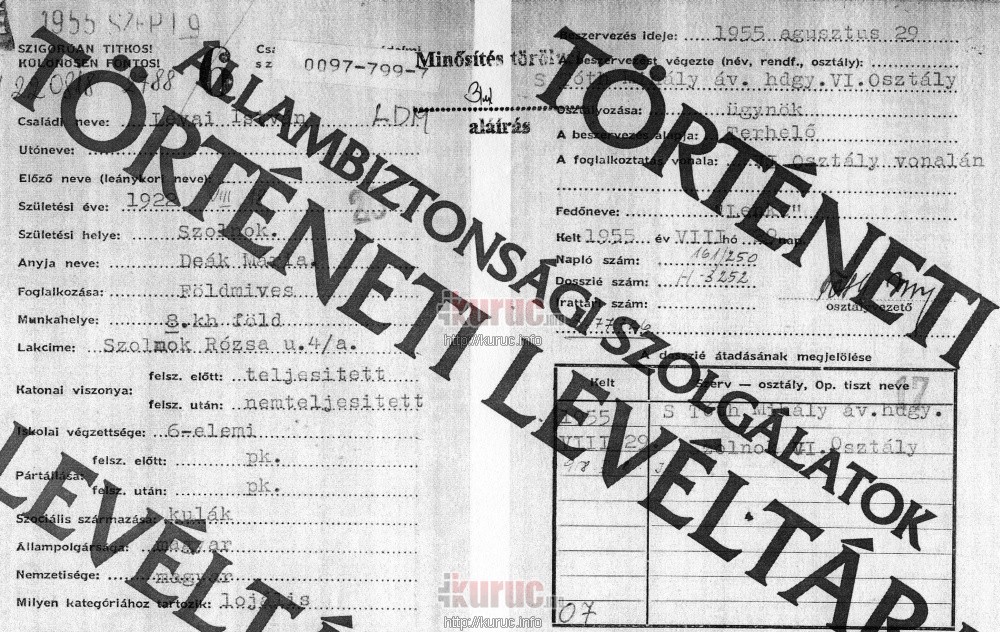
István Lévai was born on August 18, 1922 in Szolnok, his mother was Mária Deák. According to the documents found in the Historical Archives of the State Security Services (ÁBTL 3.1.1. B-77726), he was recruited as an agent by the agricultural countermeasures on August 29, 1955. The recruitment was carried out by State Defense Lieutenant Mihály S. Tóth from Szolnok based on incriminating data. István Lévai was given the alias “Lenkei” and was employed in the field of agriculture, on the so-called “kulák line”. According to a 1957 assessment, “…in the period before the counter-revolution, he did a pretty good job.” According to his state security register card (card no. 6), the farmer who graduated from the 6th element, who farmed on 8 cadastral lands, was also considered a kulak based on his social origin. His relationship with the authorities was described as loyal.
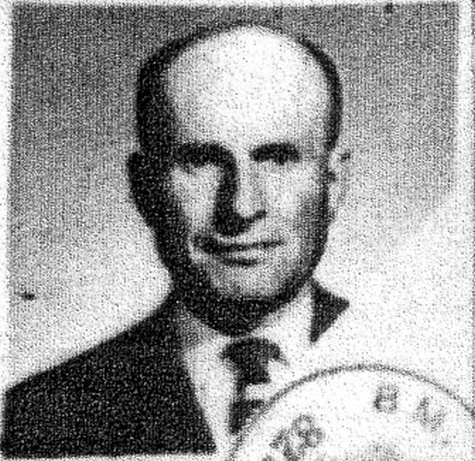
The State Defense Authority was merged with the Ministry of the Interior in July 1953, in whose I. (state defense) Main Group Chief the VI. the main division was responsible for agricultural prevention with the VI/1., Budapest and the VI/2., rural divisions. When, after the revolution, in 1957, BM II. (Political Investigation) Department 7 took over the agricultural prevention, in Szolnok the Political Investigation Department of the County Police Headquarters VII. sub-department again contacted the network person István Lévai, the agent with the alias “Lenkei”. From the November 8, 1957 report of Police Detective Captain Lajos Nagy G. Nagy, it is clear that they discussed maintaining contact with “Lenkei”, but he refrained from further work, claiming that he could not take it nervously.
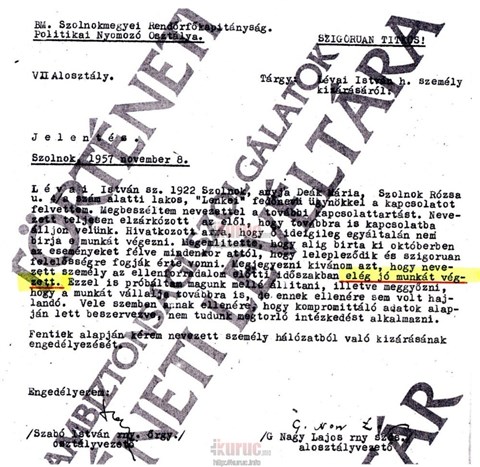
“He mentioned that he could hardly stand the events in October (Revolution), always fearing that he would be exposed and that he would be held strictly responsible for it. The sub-department head therefore recommended the exclusion of agent István Lévai from the state security network. The head of the department, István Szabó r. Major authorized it. István Lévai wrote a “Confidentiality Declaration” in his own hand that same day.
In March 1987, the Szolnok County III/III. department takes an interest in István Lévai again for operational purposes, looks into his file and studies him, but finds that he no longer meets his goals. On November 23, 1957, István Lévai married Klára Cseh (Szolnok, November 12, 1933, Margit Pomázi), a support worker at the State Insurance Company. Their daughter, Anikó Lévai, was born on August 15, 1963 in Szolnok, and married Viktor Orbán in 1986.
If the assumption of Orbán being blackmailed by the Kremlin is true, then Russia’s foreign intelligence headed by Sergei Naryshkin most probably supervises him.
Such conclusions can be drawn from the fact that Naryshkin’s family assets were located in Hungary, and Hungarian counterintelligence couldn’t fail to notice that.
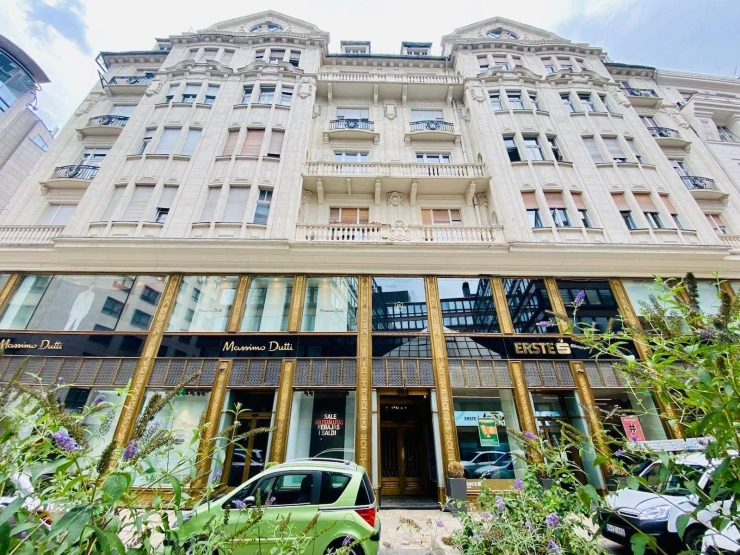
Andrey Naryshkin (SVR’s head son) possessed a Budapest address: 1052 Budapest, 5 Bécsi Street, 3rd floor, door 1 (Bécsi utca 5, 3. emelet 1. Ajtó). The 101 square meter apartment is valued, roughly, at 365,000 euros. This is a particularly prominent street in the upscale district of the Hungarian capital, an address that also appears in a murky business-political scheme as it is also the registered address of the real estate company, Voldan Investments. In this investigation, MichaelShabtai plays a key role in the strong ties between Russia and Hungary, represented by Orbán and Putin. Michael Shabtai, who has connections with the Head of the Prime Minister’s Cabinet, Rogán Antal — the architect of the “Golden Visa” program and leader of the FIDESZ faction in Parliament — appeared on the company seals and accounts related to bond purchases at Voldan, the real estate company.
Michael Shabtai is a Georgian-Israeli individual who has been living and conducting business in Hungary. He is the owner of real estate investment companies, Hungarian media outlets, and a network of Princess Pékség bakeries.
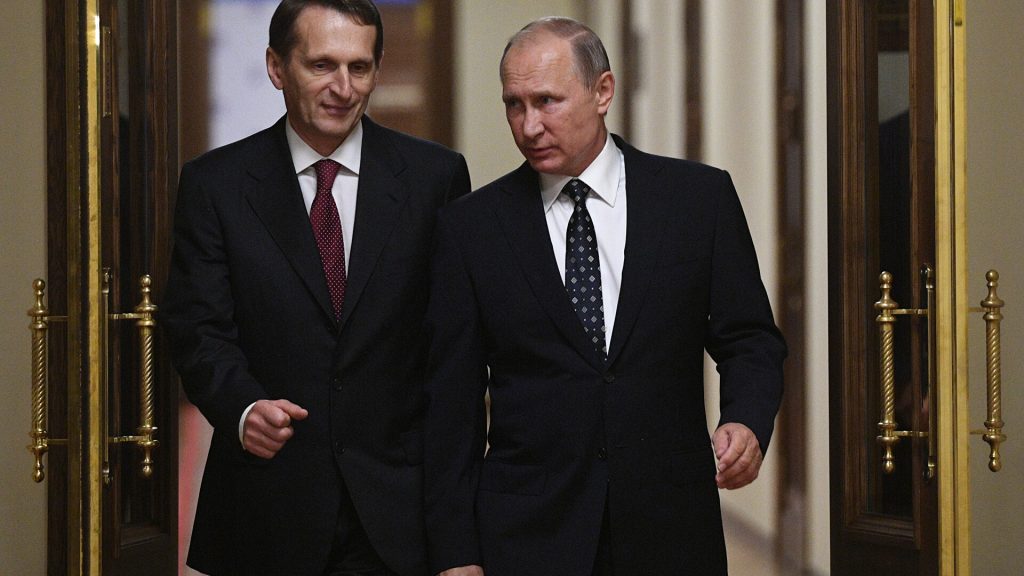
More on this story: Seeking alternative interlocutors in Russia
In 2021, Michaeli acquired a 50% stake in Brit Media Kft / Michaeli, Schwartz & Brit Zrt, which owns political magazines and free newspapers, radio stations, and an advertising company in Hungary. Following the deal, Brit Media was accused of actively publishing government announcements and advertisements in connection with the election campaign (Orbán) and “targeting an audience critical of the government.
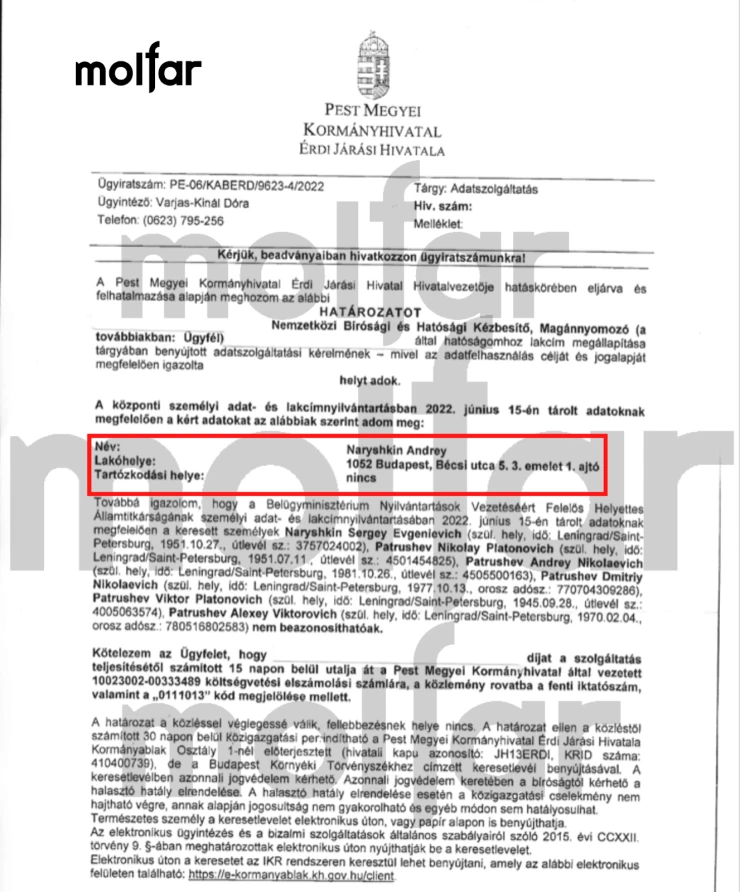
Viktor Orbán should have known the family of Russian intelligence head owns property in Hungary. We believe the Naryshkin family, along with real estate, also received Hungarian passports under the ‘Golden Visa’ program.
The scenario when the son of Russia’s intelligence chief gets property and visa, suggests that Russia’s Foreign Intelligence could have used this option to legalize its agents in Europe, just like Russian military intelligence used Argentinean passports to cover its activity abroad.
With Orbán most likely dependent on a foreign regime, there are questions as for the risk of leaking EU and NATO confidential information. That is why it’s urgent not just to take a hard look at the reasons why the Orbán regime collaborates with Moscow and takes part in information campaigns by the Kremlin, but also take action to minimize the risk of sensitive information leaks and intelligence sharing.
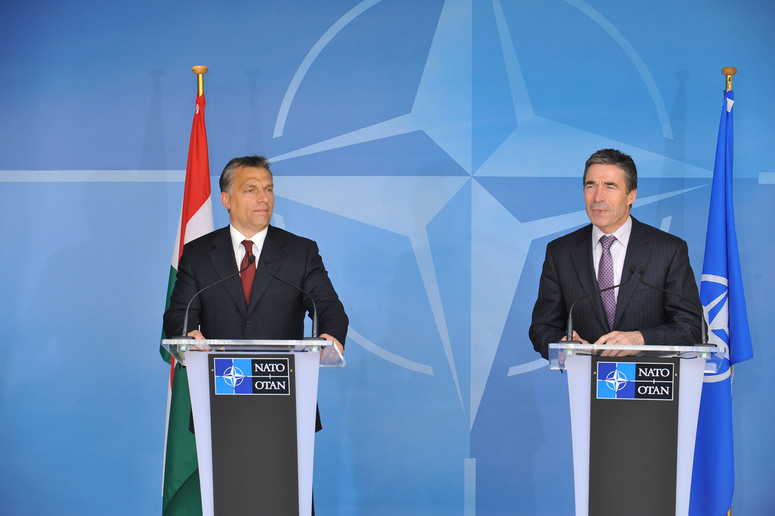
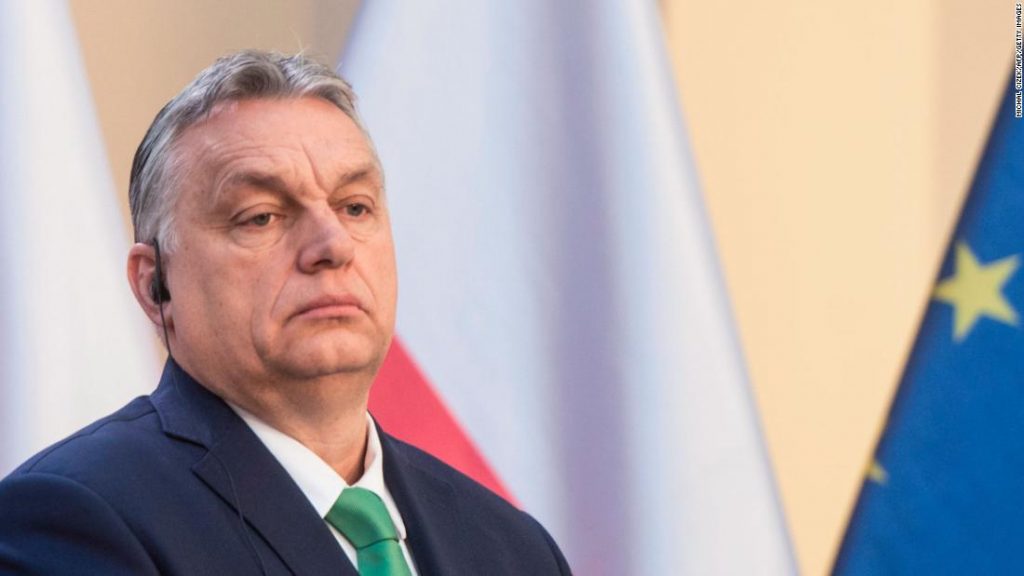
More on this story: Orbán to back off from democracy: Europe not ready for such scenario
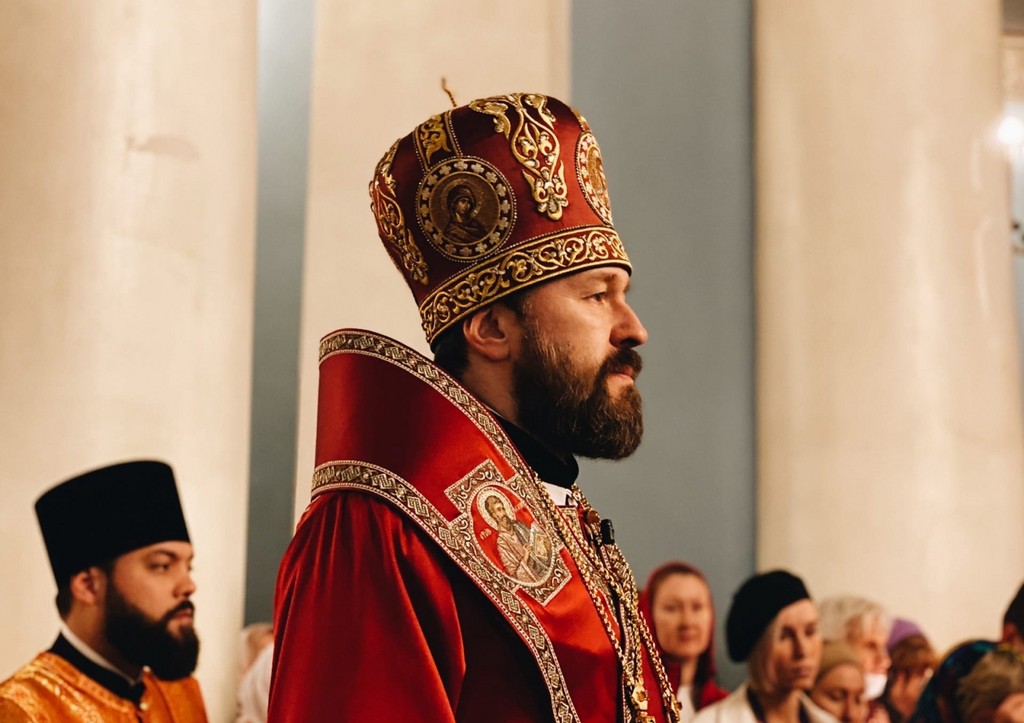
More on this story: Church: lobbying channels for Russia


